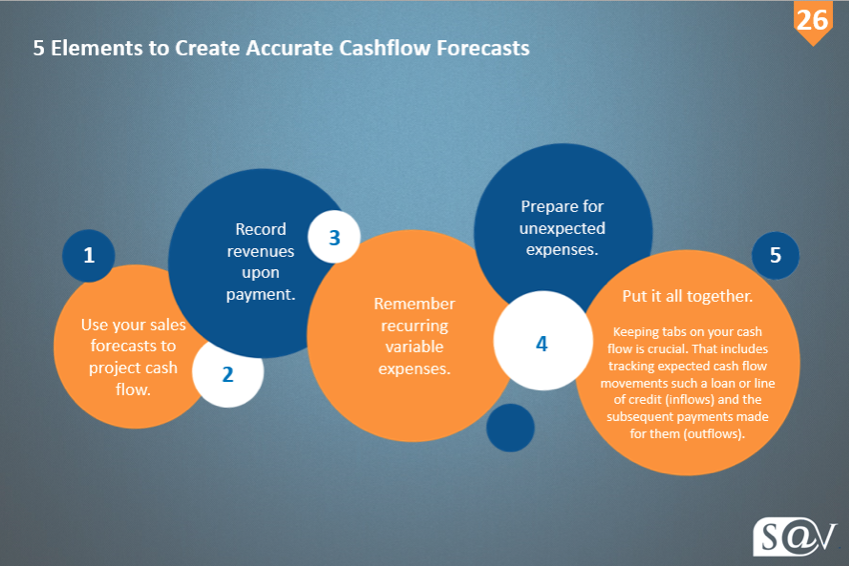
Closing the BooksĪn idiom refers to accounting for all financial transactions within a certain period.Chart of AccountsĪn index of the financial accounts in a company’s general ledger, a chart of accounts provides a picture of all the financial transactions a company has conducted in a specific accounting period.Certified Public AccountantĬertified public accountants (CPAs) are accounting professionals certified to practice public accounting by the American Institute of Certified Public Accountants.Cash FlowĬash flow is the total amount of money that comes into and goes out of a business.Under the cash method, income is considered constructively received the moment it is credited to a business’s account, made available without restriction, or received by an authorized agent acting on behalf of the company. Capital may include funds in deposit accounts or money from financing sources. Ī person’s or organization’s financial assets.


Mutually exclusive with cash-basis accounting. Accrual-Basis AccountingĪn accounting method where revenue and expenses are recorded as they are earned, regardless of when the money is received or paid.AccrualsĪ record-keeping adjustment that recognizes business expenses and revenues before exchanges of money take place.The financial statements made during these periods are important for attracting potential investors or procuring loans from banks. Accounting PeriodĪn accounting period is a period during the fiscal or calendar year in which accountants perform functions such as gathering and aggregating data and creating financial statements.This money is typically recorded as an asset on your balance sheet they live under the ‘current assets’ portion on your balance sheet or chart of accounts. Accounts receivable refers to money your customers owe for goods or services purchased from you in the past. The opposite of accounts payable money owed to a business by its customers, for goods or services delivered. Accounts payable is a crucial concept for any business operating with credit-every time a business purchases from a supplier on credit, an accounting entry is made in accounts payable. Money a business owes to its suppliers, vendors, or creditors for goods or services bought on credit considered a short-term debt. That is why we provided this glossary of accounting industry terms from to gain a solid baseline from which you can explore various accounting topics. Industry jargon and complex language provides a significant obstacle for most people when trying to learn accounting concepts. That said, sound accounting and bookkeeping are imperative to manage any company’s financial health, guide decisions for growth initiatives, and ultimately ensure your business is in good standing with its tax obligations throughout the year. Plus, accounting and bookkeeping for startups can be complex and multi-faceted. At FinancePal, we recognize that most small business owners started their companies because they were experts in providing a good or a service-not at balancing a book.


 0 kommentar(er)
0 kommentar(er)
